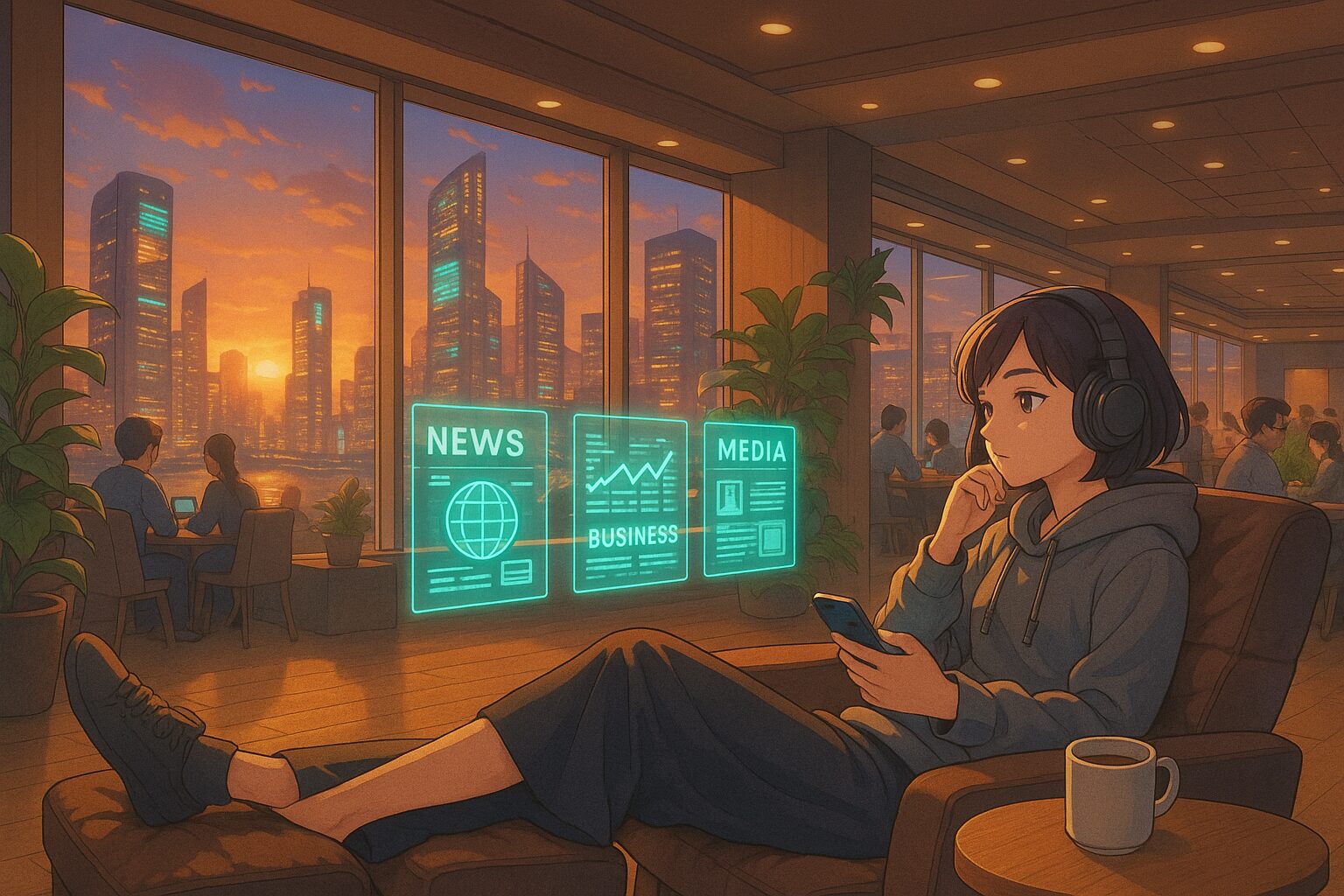What Will the Future of Ed-Tech Hold? New Possibilities in Online Education
The rapidly growing Indian Ed-Tech company, PhysicsWallah, has submitted an initial public offering (IPO) application for approximately 43.7 billion yen. As the integration of technology and education advances, how will our future learning change? If this trend continues, in what ways will the form of education evolve?
1. Today’s News
Source:
https://www.republicworld.com/business/ed-tech-platform-physicswallah-files-for-437-million-ipo
Summary:
- PhysicsWallah has applied for an IPO worth 43.7 billion yen.
- The company plans to expand educational centers, enhance technology, and pursue acquisitions.
- Despite struggles in the Indian Ed-Tech sector, it reports a 49% revenue growth.
2. Considering the Background
The fusion of education and technology has rapidly progressed in recent years. Especially after the pandemic, online education has surged, with many students leaving physical classrooms to learn on digital platforms. However, this change comes with challenges such as infrastructure development and the digital divide. The actions of PhysicsWallah can be seen as an example of addressing these challenges and aiming for further growth. Let’s consider how our educational environment might evolve in the next section.
3. What Does the Future Hold?
Hypothesis 1 (Neutral): A Future Where Online Learning Becomes Commonplace
If online education becomes the norm, education will become more personalized, allowing students to learn at their own pace. Teachers and students will have increased opportunities to gain knowledge from around the world, but there may also be concerns about the decline of face-to-face interaction and personal relationships.
Hypothesis 2 (Optimistic): A Future Where Ed-Tech Develops Significantly
Advancements in Ed-Tech could lead to new learning experiences utilizing AI and VR. Education could become more interactive, providing students with more opportunities to acquire practical skills. This change has the potential to enhance the quality of education significantly by encouraging learning tailored to individual interests.
Hypothesis 3 (Pessimistic): A Future Where the Value of Traditional Education Is Lost
If digitalization progresses too far, the value of traditional education may diminish, leading to a loss of the teacher’s role and the essence of education. Education that not only transmits knowledge but also fosters ethics and sensitivity may become challenging, potentially disrupting the overall balance of society.
4. Tips for Us
Thinking Tips
- Maintain a perspective to discern the merits and demerits of digital education.
- Cultivate adaptability to new forms of learning.
Small Practical Tips
- Actively utilize online learning opportunities.
- Discuss the changes in education with family and friends and share opinions.
5. What Would You Do?
- What aspects of online education would you like to leverage?
- What expectations do you have about the evolution of Ed-Tech?
- Which parts of traditional education would you like to continue valuing?
What future do you envision? Please let us know through social media quotes or comments. All opinions are welcome!









